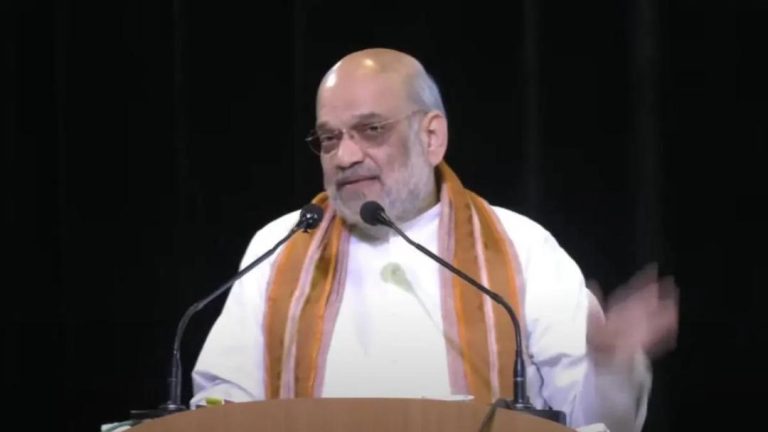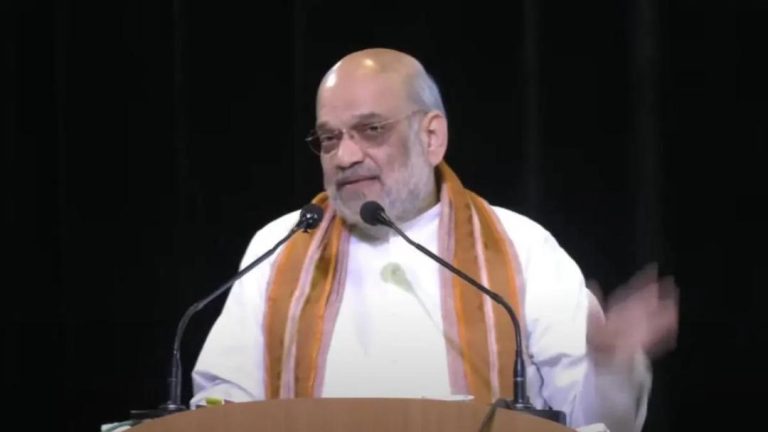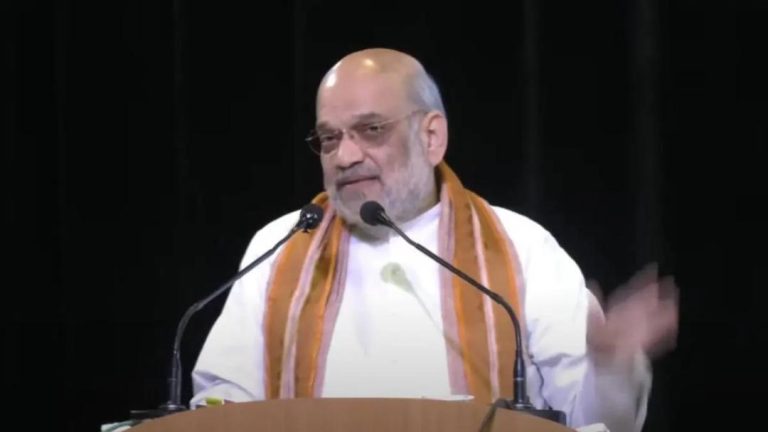
IT Employees Burn Murthy, L&T Chief’s Effigies for Proposing Longer Workweeks
The IT industry in Bengaluru has been reeling under the pressure of long working hours and exploitative work practices for quite some time now. The latest development in this regard is a protest by the Karnataka IT/ITes Union (KITU), an IT employees’ union in Karnataka, which took a dramatic turn when IT employees burnt effigies of Infosys Founder Narayana Murthy and L&T Chairman SN Subrahmanyan during a protest against their proposals for longer workweeks.
The controversy began when Narayana Murthy, one of the most respected and successful entrepreneurs in India, suggested that employees should be willing to work 70-hour workweeks to succeed in the IT industry. This sparked widespread outrage among IT employees, who felt that this was an unacceptable proposal that would lead to burnout and negatively impact their work-life balance.
However, things took a turn for the worse when L&T Chairman SN Subrahmanyan suggested that employees should be willing to work 90 hours a week. This proposal was seen as even more draconian and sparked widespread anger among IT employees.
In response to these proposals, the Karnataka IT/ITes Union (KITU) decided to take a stand and organize a protest against these exploitative work practices. Hundreds of IT employees gathered in Bengaluru to protest against the proposals and express their discontent with the industry’s work culture.
The protest took a dramatic turn when the protesters decided to burn effigies of Narayana Murthy and SN Subrahmanyan. Despite the attempts by the Bengaluru Police to stop them, the protesters were able to torch the effigies and express their anger and frustration at the proposals.
The incident has sent shockwaves through the IT industry, with many employees and experts coming out to condemn the proposals and express their support for the protesters. The incident has also sparked a wider debate about the need for change in the IT industry’s work culture and the need to prioritize employee well-being and work-life balance.
The Background
The IT industry in Bengaluru has long been known for its demanding work culture, with employees often working long hours and sacrificing their personal lives to meet the demands of their job. However, this trend has been exacerbated in recent years, with the industry facing increased competition and pressure to deliver results.
Many IT employees have been working long hours, often exceeding 12 hours a day, and still finding themselves overwhelmed with work. This has led to burnout, stress, and mental health issues, which have been exacerbated by the lack of support and recognition from employers.
The proposals by Narayana Murthy and SN Subrahmanyan have been seen as a symptom of this problem, and have sparked widespread outrage among IT employees. The proposals have been seen as an attempt to shift the blame from the employers to the employees, and have been widely criticized for their lack of understanding of the industry’s work culture and the needs of employees.
The Impact
The incident has sent shockwaves through the IT industry, with many employees and experts coming out to condemn the proposals and express their support for the protesters. The incident has also sparked a wider debate about the need for change in the IT industry’s work culture and the need to prioritize employee well-being and work-life balance.
The incident has also highlighted the need for employers to take a more proactive approach to supporting their employees and recognizing their needs. This includes providing flexible working arrangements, offering mental health support, and recognizing the value of work-life balance.
The incident has also sparked a wider debate about the role of employers in shaping the industry’s work culture. Employers have a responsibility to create a healthy and supportive work environment, and to prioritize the well-being of their employees.
Conclusion
The incident of IT employees burning effigies of Narayana Murthy and SN Subrahmanyan is a wake-up call for the IT industry. It highlights the need for change in the industry’s work culture and the need to prioritize employee well-being and work-life balance.
The proposals by Narayana Murthy and SN Subrahmanyan have been widely criticized for their lack of understanding of the industry’s work culture and the needs of employees. The incident has also sparked a wider debate about the need for employers to take a more proactive approach to supporting their employees and recognizing their needs.
As the IT industry continues to evolve and grow, it is essential that employers prioritize the well-being of their employees and create a healthy and supportive work environment. The incident is a reminder that the industry must prioritize employee well-being and work-life balance, and that the proposals by Narayana Murthy and SN Subrahmanyan are unacceptable and unsustainable.
Source:






